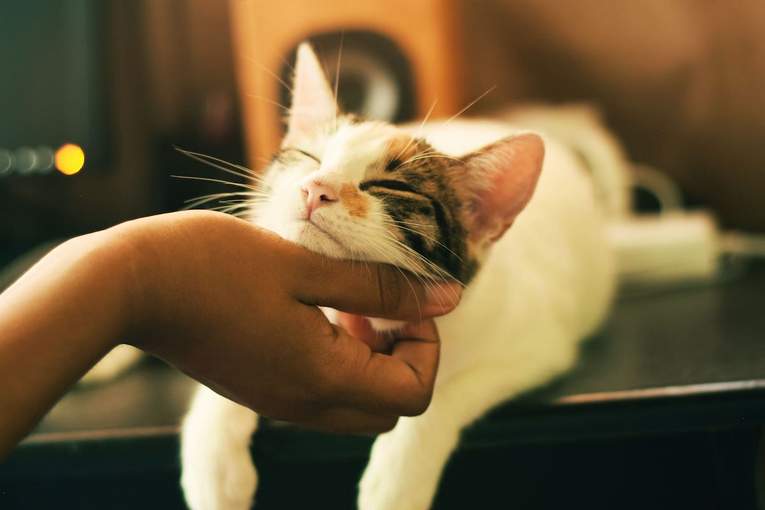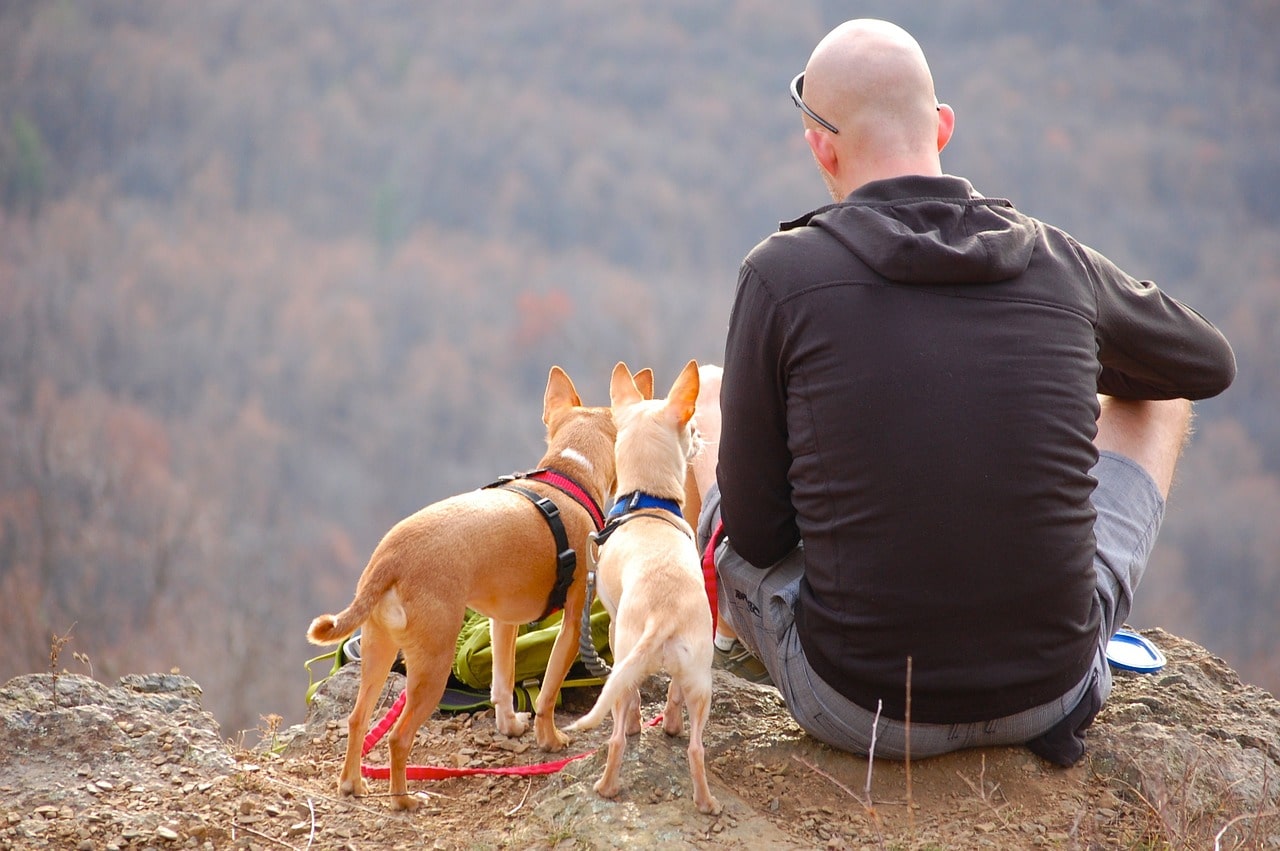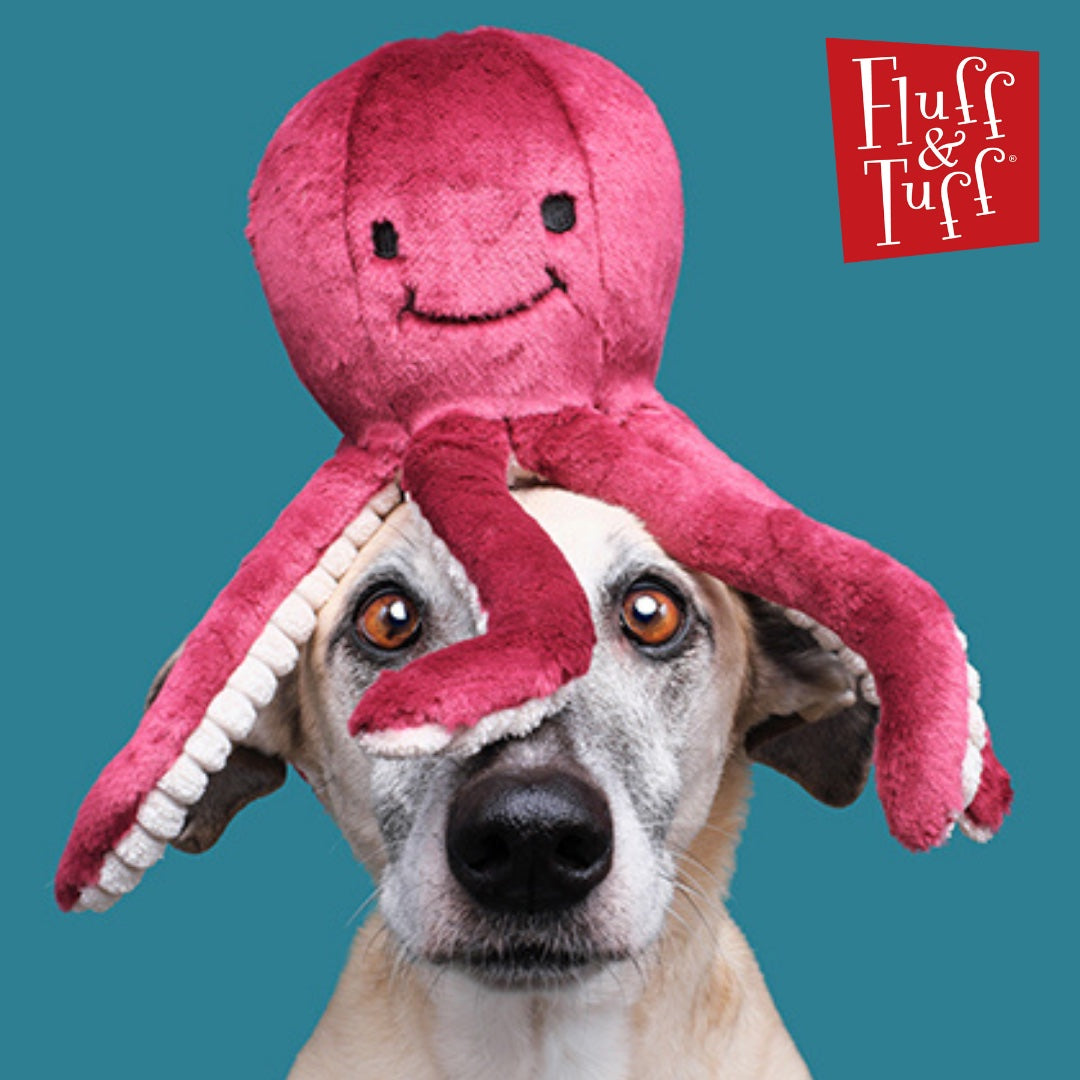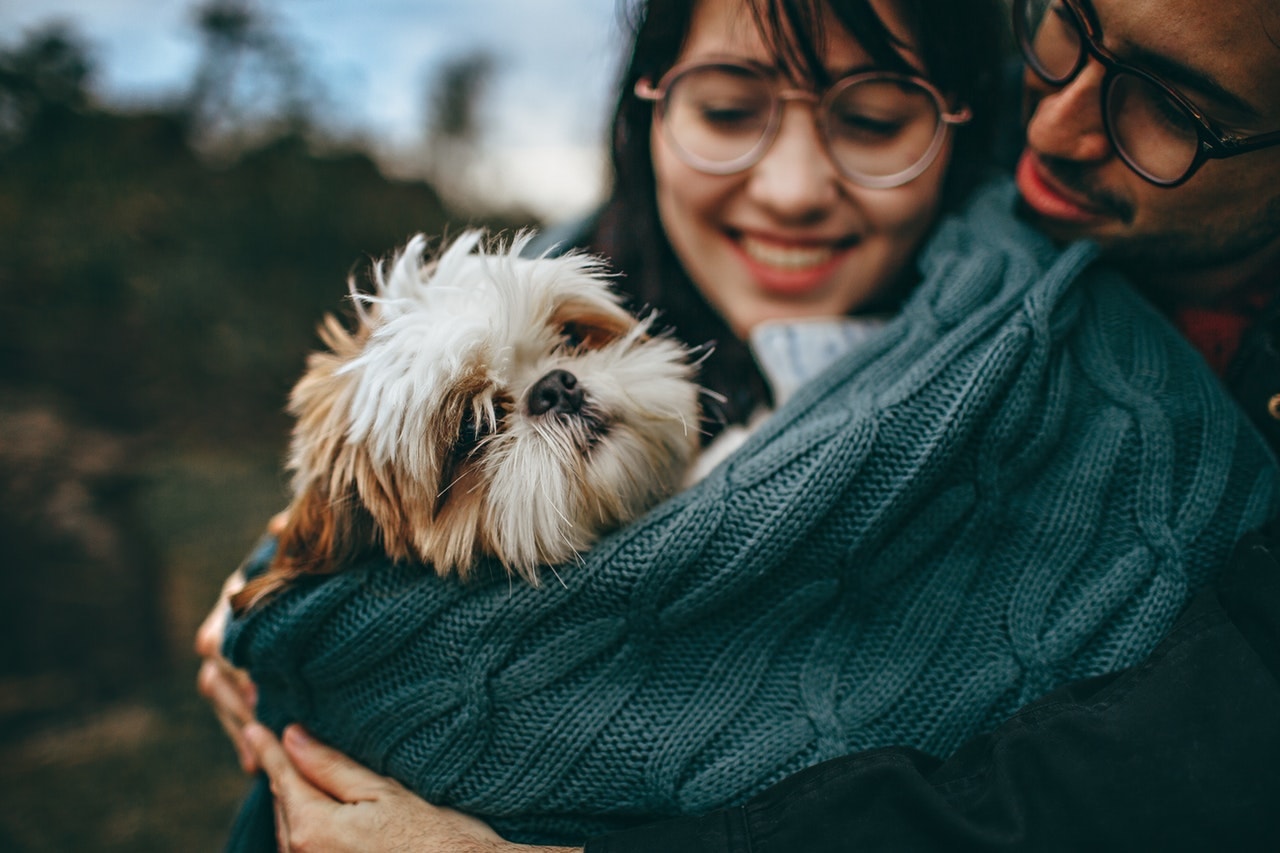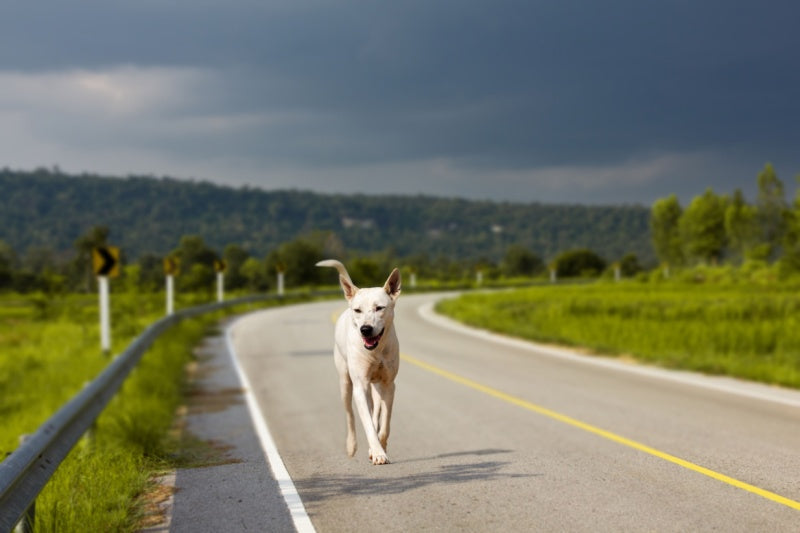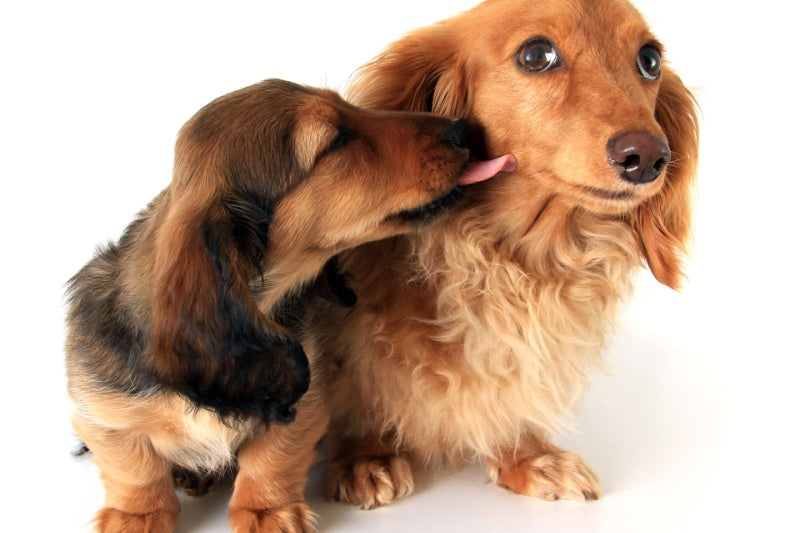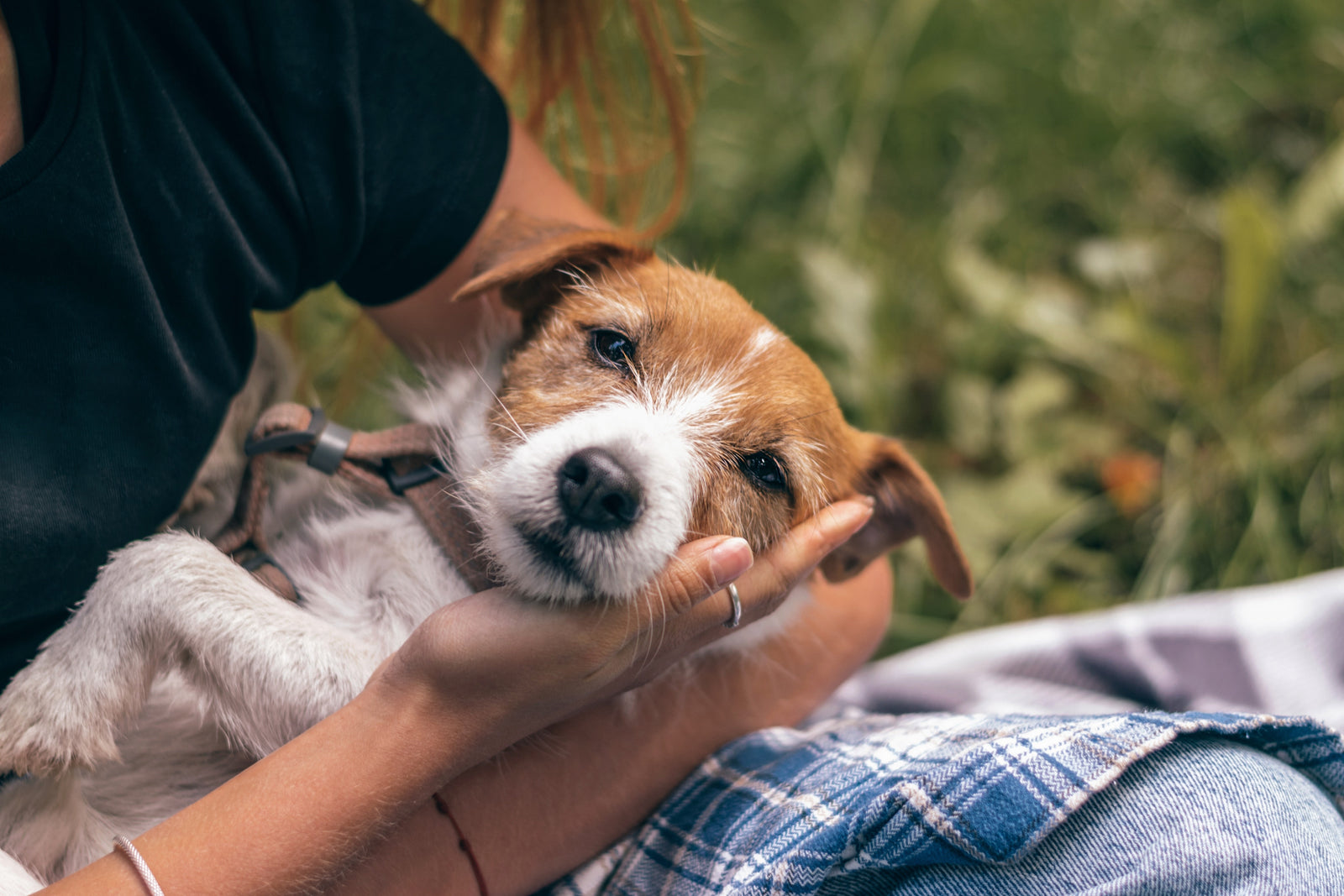Love King Dukes & Fluff and Tuff Dog toys!
We are big fans of the Goldpaw fleece for their warmth despite being lightweight. They're a good baselayer for windchill under additional overcoat for our small dog during the winter months in NYC. Thanks King Duke's for the complimentary seasonal dog treats
Dog loves them, I love the pure ingredients. These are my dog’s bedtime treats; when I offer him one, it always smells like a cookie that I would eat and makes me want to eat a human cookie!
Dogs absolutely love them, they won't go outside without them on





